Disclosure: This article may contain affiliate links. If you decide to make a purchase, I may make a small commission at no extra cost to you.
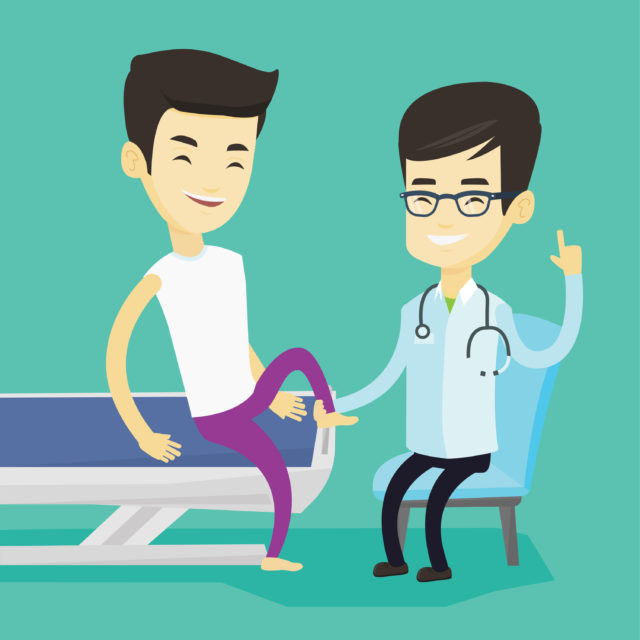
Tendon and ligament injuries are very common and most often associated with either a sports injury, accident, or making repetitive movements. They can be difficult to manage and recover from, but supplements may help speed up healing.
In 2007, I took an antibiotic which would change the direction of my life drastically. It happened just before I was planning on going to medical school to become a doctor.
I developed bilateral Achilles tendonitis and many other issues related to ligaments and joints after taking a few doses of the antibiotic.
One of the things which persisted the longest was the tendon and ligament issues that I developed. It was super frustrating!
Within two days of taking the antibiotic, I was unable to walk without pain and feeling my tendons would snap. I was already aware that this was a serious, but apparently rare side effect.
Tendon and ligament damage from sport and overuse are much more common. However, in both cases, it can be a struggle for people to overcome because these types of injuries tend to reoccur if not treated properly.
There were a few mistakes I made when I tried to recover from tendinitis. I didn’t stretch and do any exercises to remodel and strengthen my tendons and ligaments. Doing nothing leaves them weak and prone to injury again, which can make the recovery process even longer.
Despite the lengthy recovery time, I did find a few supplements which helped me along the way. The supplements that I included were based on scientific evidence.
Which supplements are good for healing tendons and ligaments faster?
Below are a few supplements which I recommend trying if you are struggling to recover from tendon and ligament injuries.
Many of the mechanisms that lead to chronic inflammation and tendon weakness are similar, even if the cause is very different.
Also, remember that tendonitis and ligament injuries can take weeks to a year or more to recover from. Hopefully, with these supplements, you can reduce the time to recovery.
And keep in mind, supplements by themselves won’t lead to strong tendons. Your tendons have to remodel to become strong and less prone to injury in the future. So, you need to also exercise when the acute inflammation phase has died down. inflammation has died down.
#1. Protein supplements
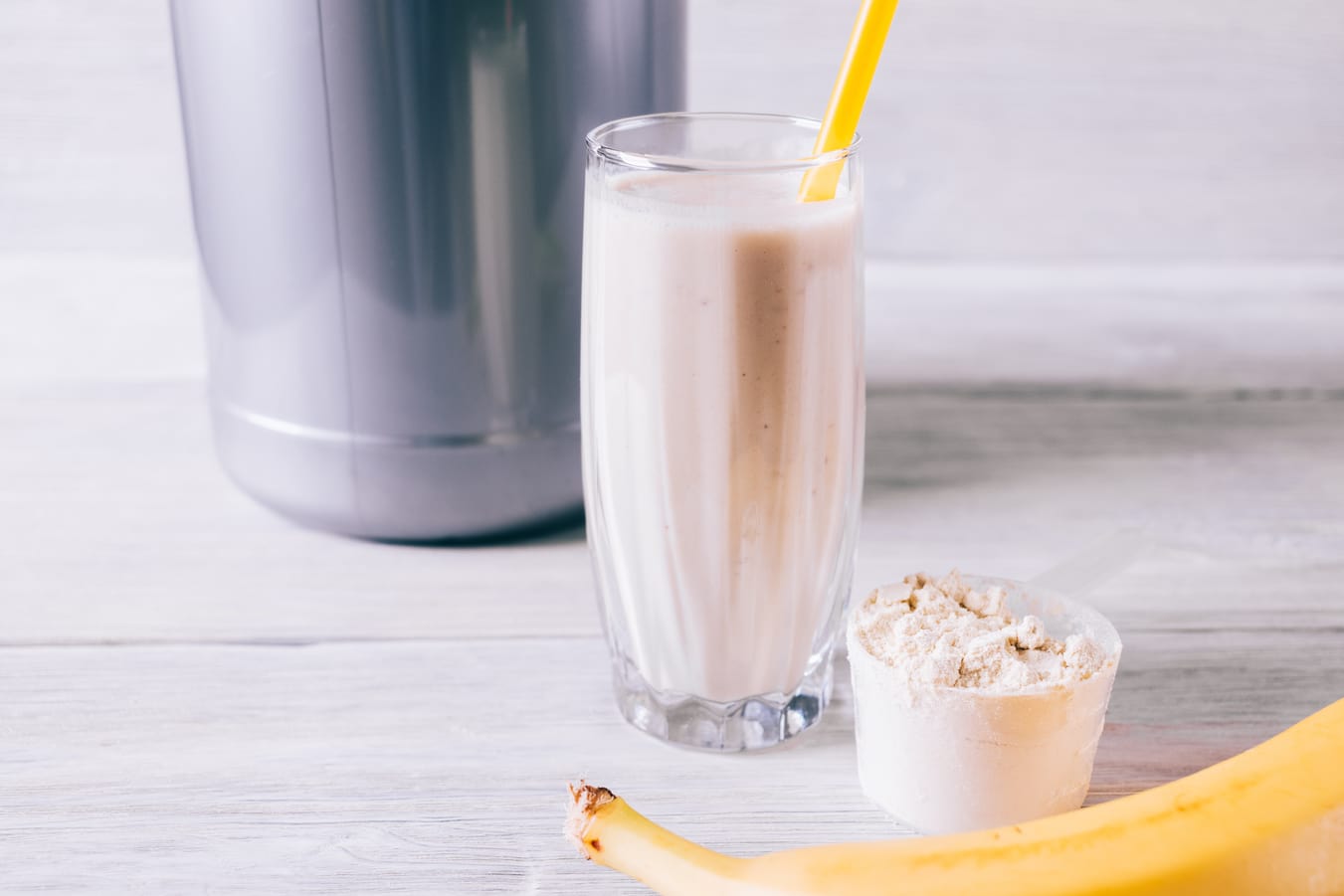
If you’re eating a low protein diet, then this is the time when you may want to increase your protein intake, at least until you’ve fully recovered from your injury.
Protein is the building block for muscles, ligaments, and tendons, and not getting enough of it could result in slow healing times.
Not only that, protein has an IGF-1 stimulating effect, which is required for cell proliferation and differentiation. In one study, researchers showed that an increase in systemic IGF-1 is able to significantly improve the healing of collagenous tissue.
Therefore would be extremely helpful for reducing the healing time and strengthening damaged ligaments and tendons [1].
One thing to keep in mind also is that some types of protein have a bigger effect than others. Whey protein is usually the best for increasing IGF-1 levels.
In 2007 I wasn’t vegan, so I was consuming a similar reflex instant whey protein powder to this one. I had about 3 servings per day, and I believe this helped a lot.
If you’re a vegan, you can also try drinking more soy milk or take plant-based protein powders. It’s been shown that some plant-based protein powders are able to build muscle and performance just as much as whey protein.
Another benefit of consuming more protein when you’re injured is that it will help you maintain the muscle mass that you have, especially if your injury is causing you to become inactive.
Once you’ve fully recovered from your tendon and ligament injuries, you can decrease protein intake back to normal levels.
Whenever I’m faced with a challenge, I always adapt and adjust my diet and supplement regimen accordingly. This is the best way to approach any health problems you face.
See a list of protein powders with all the essential amino acids.
#2. Curcumin
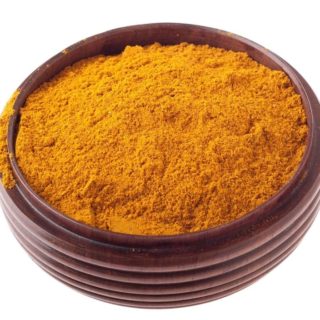
Curcumin has potent anti-inflammatory effects and is able to improve tendon and ligament healing according to research.
Curcumin helps in several ways: it up-regulates genes that are involved in stem cell differentiation and proliferation into tenocytes, and also reducing genes involved in inflammation and cell death.
Curcumin also helps reduce oxidative stress, lipid peroxidation, and extensive cross-linking of collagen in tendons.
In one study, researchers found that curcumin was able to improve tendon healing by improving the organization of collagen fibers, increasing cellular antioxidant enzymes like superoxide dismutase, and decrease MDA levels to improve regeneration of tendon tissues [2].
Curcumin has the potential to speed up healing via several mechanisms and should definitely be included to help you recover from ligament and tendon injuries.
See a list of curcumin and ginger supplements here.
#3. Bromelain
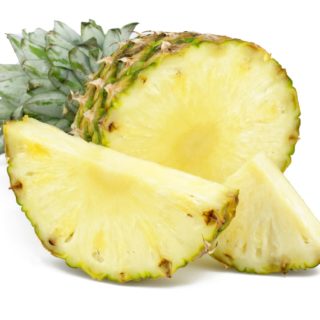
Bromelain is primarily found in pineapples and has potent anti-inflammatory properties and enhances the healing of injuries and trauma according to many studies.
Bromelain has also been found to be absorbed well after it’s ingested as a supplement. Approximately 40% is absorbed and it has a half-life of around 6 hours.
In a study published in the Journal of Medicinal Food, researchers looked at the effect of fresh pineapple juice and bromelain supplements to see which worked better for healing acute Achilles tendon injuries.
They found that bromelain was able to significantly reduce swelling, inflammation, and speed up the healing.
Also, another study showed that animals who were given 600 GDU of bromelain had improved tenocyte proliferation and recovery compared to the fresh pineapple juice group.
Buy Bromelain (Amazon)
#4. L-Arginine
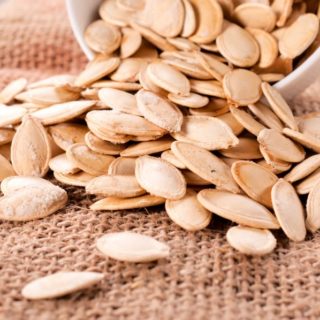
L-arginine is a precursor to the production of nitric oxide in the body. It’s an essential amino acid and it’s involved in the healing process of tendons and ligaments.
Studies show that the addition of nitric oxide to human tendon cells is able to significantly enhance collagen synthesis and accelerate the histomorphological recovery of tendons.
A low level of nitric oxide available to healing tissues may result in elevation of growth factors like TGF-beta and lead to chronic inflammation and development of scarring (fibrosis).
Combining Pycnogenol with L-arginine significantly enhances the production of Nitric oxide and also reduces the breakdown of nitric oxide in the body.
#5. Omega 3 supplements
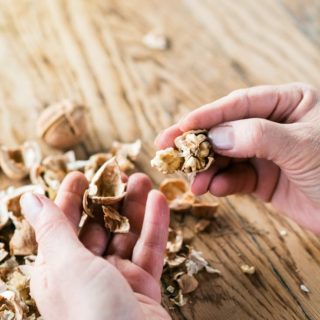
While inflammation does help you recover from injuries, excessive and prolonged inflammation can hamper the regeneration of the tissues. Omega 3 has strong anti-inflammatory effects which may help reduce excessive inflammation.
Consuming foods high in omega 3 or ALA will help lower inflammation. If you’re a vegan, you can take plant-based omega 3 supplements. But if you’re an omnivore, fish oil will be fine.
However, studies show that omega 3 from algal oil is just as effective at raising the concentration of EPA and DHA as fish oil.
While you increase omega 3 in your diet, try to reduce the amount of omega 6 you consume. This will further help combat inflammation.
See a list of omega 3 supplements here.
#6. Glucosamine supplements
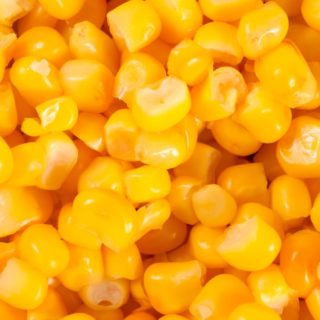
Many people swear by glucosamine for improving symptoms of osteoarthritis. But due to its anti-inflammatory effects and its ability to enhance collagen production, it’s also useful for ligament and tendon injuries.
In a study looking at Achilles tendonitis in animals, researchers found that glucosamine was able to significantly improve inflammation markers and also stimulate collagen production in the tendon.
They also noted that when rats were given the supplement, they had significantly stronger tendons than the placebo group.
Studies are mixed on whether or not glucosamine improves recovery from ligament injuries. For example, one study in athletes who underwent anterior cruciate ligament reconstruction did not see any improvement outcome in rehabilitation.
Buy Glucosamine Sulfate (Amazon)
#7. Vitamin C
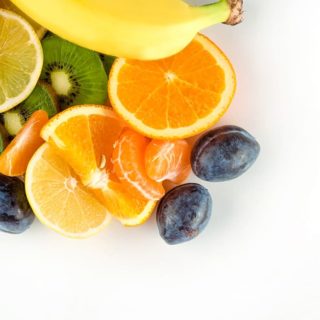
Vitamin C is crucial for collagen synthesis and recovery of injuries. Most people can easily get enough vitamin C from fresh fruits and vegetables each day, but cooking destroys most of the vitamin C.
In animal studies, high doses of vitamin C supplements can enhance healing after suffering from tendon injuries, but there are no human studies that have looked to see if we can also benefit from taking vitamin C for tendon injuries.
That being said, people who are low in vitamin C will benefit the most by supplementing between 500 – 3000 mg.
One study showed that vitamin C supplementation helped improve recovery from surgery and injuries [3].
#8. Zinc supplements
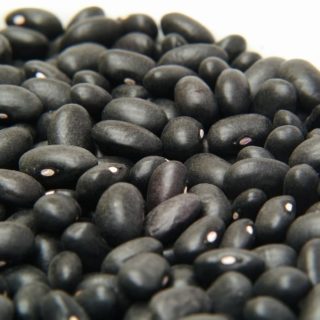
Zinc is very important, especially for vegetarians and vegans. It’s important in the entire healing process and a deficiency can hamper the quality of repair for ligaments and tendons.
People who are consuming a high copper diet (mostly plant-based) will benefit from taking a zinc supplement to recover from injuries.
If you’re on a vegan diet, some studies have shown that almost half of vegans may be deficient in zinc! If you’re eating a normal western diet, you probably don’t have to worry.
But if you do choose to supplement, I recommend that you take either zinc picolinate or zinc gluconate for the best results.
Buy Zinc Picolinate (Amazon)
#9. Vitamin D supplements

Low levels of vitamin D have been linked with impaired recovery from tendon and ligament injuries.
Vitamin D is an important regulator of many genes, including the immune system which is important in the healing process by regulating inflammation and immune system cells.
In a study looking at recovery from anterior cruciate ligament surgery, low levels of vitamin D were associated with worse outcomes with lower strength recovery after surgery.
I recommend that you start off with a low dose vitamin D supplement and get your blood tested before moving to higher doses if needed.
See a list of vitamin D supplements here.
What are the main causes of tendinitis and ligament injuries?
There are many things that can put you at a greater risk of injury, but there are a few common reasons why people develop these problems.
- Repetition – People who are performing repetitive actions and movements are at risk for this type of injury.
- Sudden injury – If you’ve had an accident or moved in a way that puts a lot of strain on the tendon or ligament.
- Sports – People who play sports like football, baseball, basketball, swimming, and running often develop tendonitis at some point.
- Medications – People who are taking medications like steroid anti-inflammatories, statins, and antibiotics like ciprofloxacin can develop ligament and tendon damage.
Conclusion
Recovery from soft tissue injuries whether it be to your muscle, ligament, or tendons, can take a long time to recovery. You have to be patient and take your time because rushing things can cause you to injure yourself again.
Once the injury has taken place, you can immediately start taking supplements to help boost your recovery time, but you have to wait until the acute phase of the injury has settled before you can begin exercising again.
And finally, while supplements can play an important role in helping reduce the recovery time of ligament and tendon injuries, it’s difficult to say how much benefit they’ll provide because there are many other factors involved.
Article updated and reviewed: July 2021
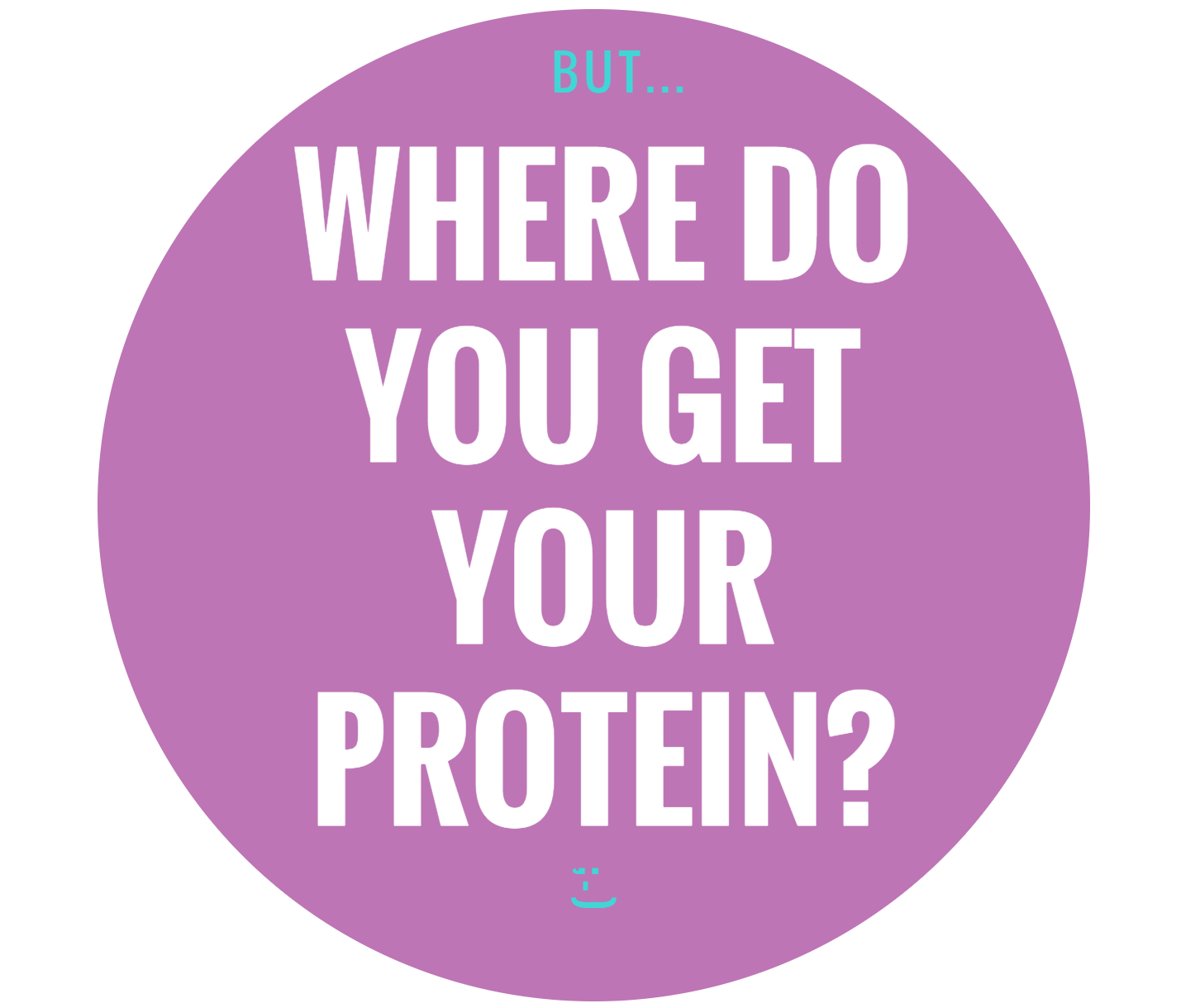

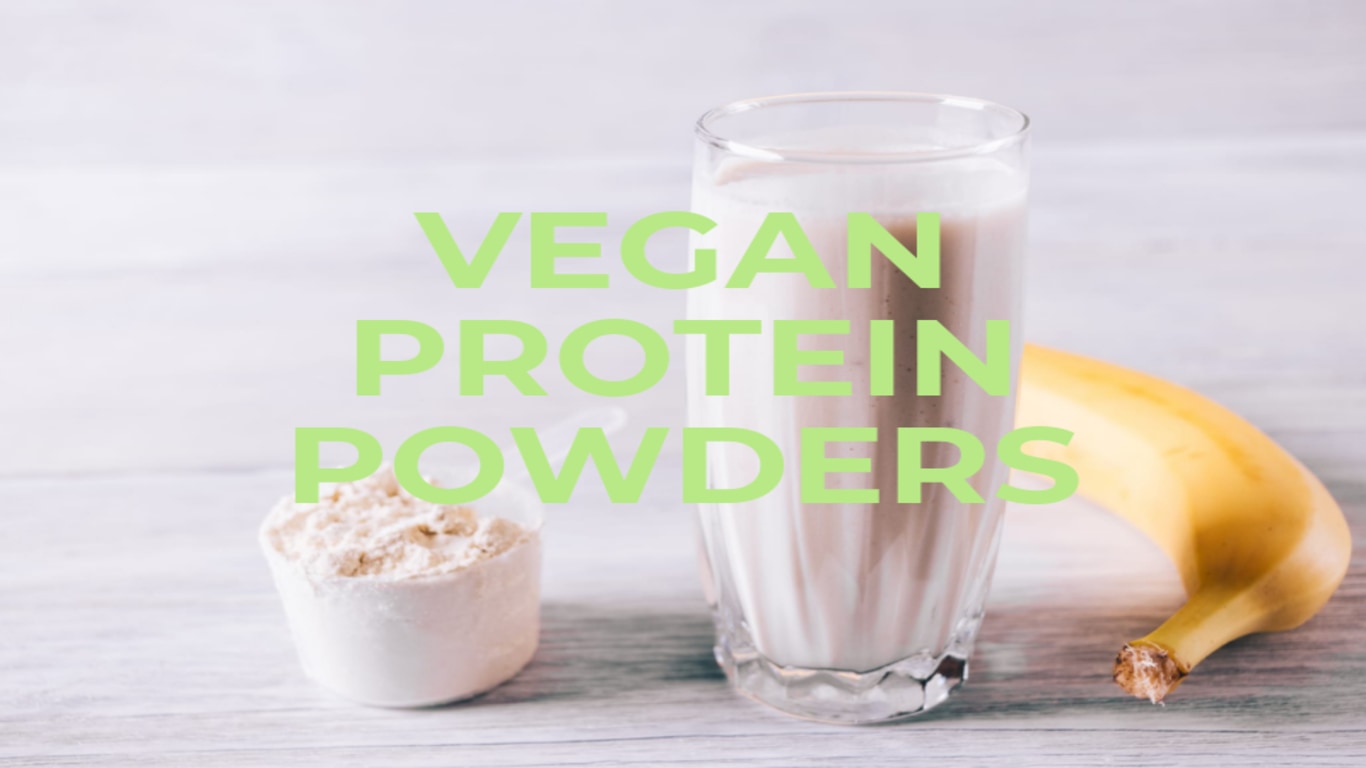


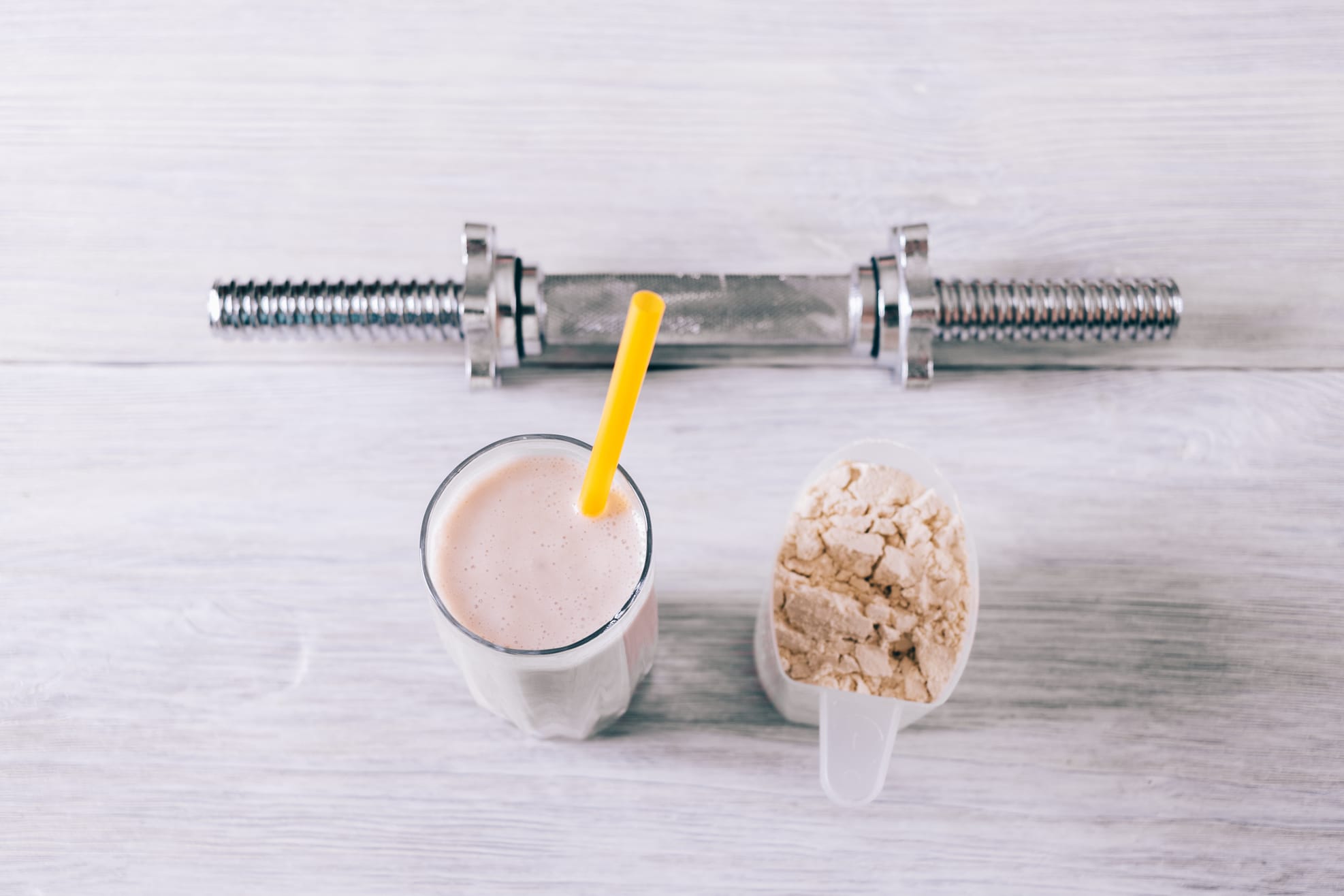
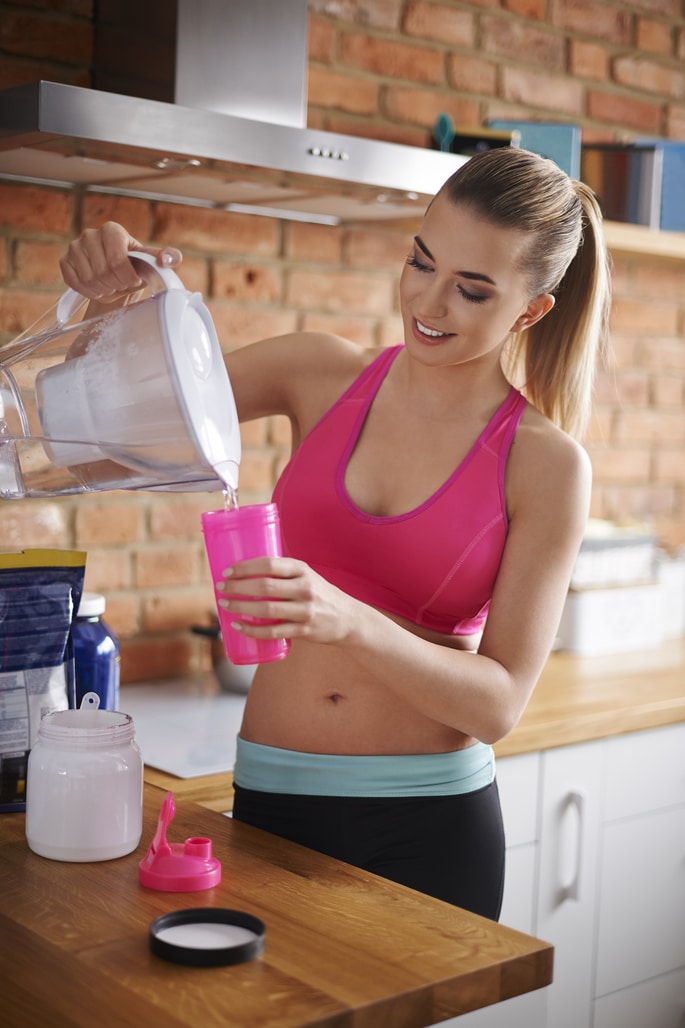
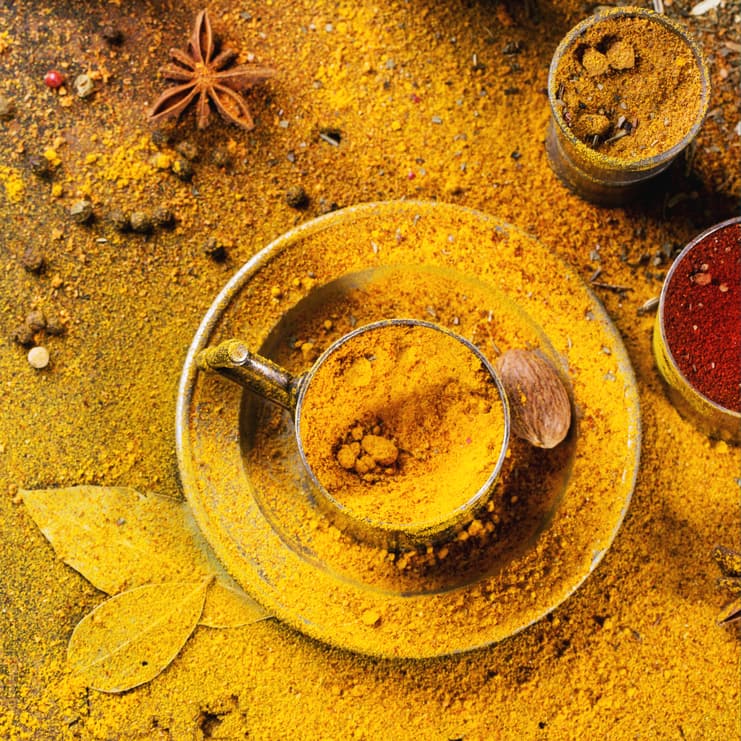
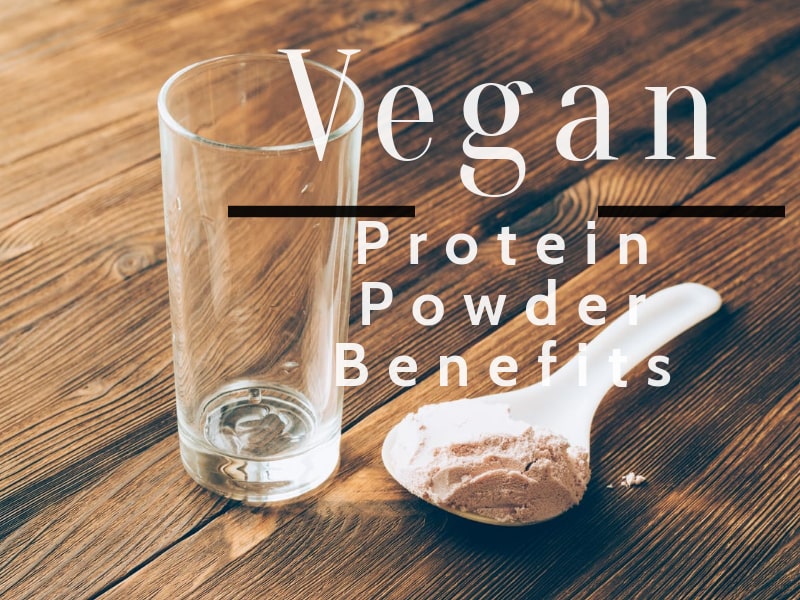
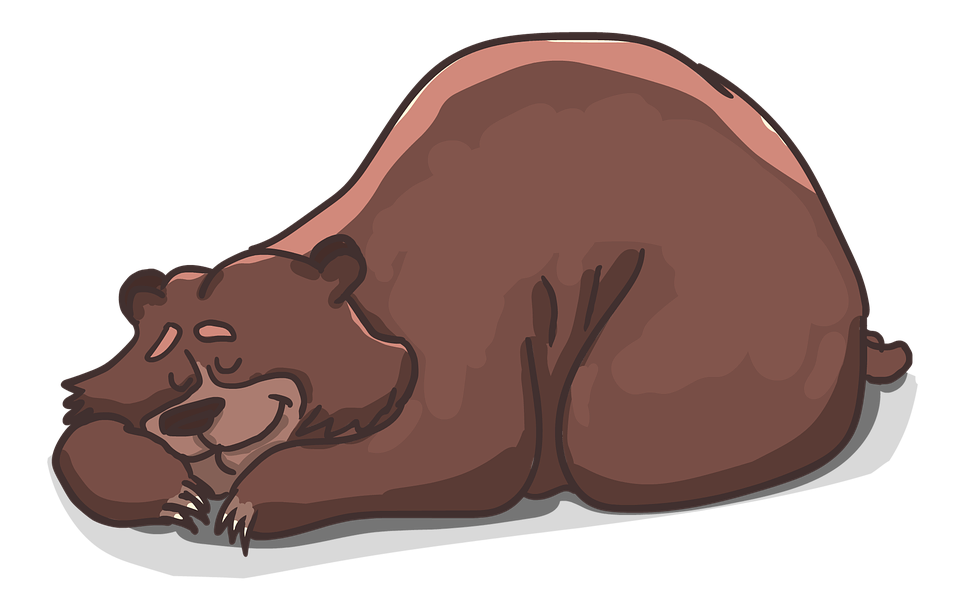
you webpage isn’t printable. the content is missing when i try to print
Hi! I have ‘lazy loading’ so that images only load as you scroll (this is to decrease loading time for the main content.) You can simply scroll to the end of the page and then print, this will include all images.
But thanks for pointing it out! 🙂 I’ll take a look and see what I can do to make it easier.
Hi Matt, thanks for your article. I took cipro multiple times, and ended up with torn rotator cuffs, bicep tears, and posterior tibialis tears in both legs. Learned way too late the havoc that medication can create. Was a PT who mentioned it could be the antibiotic that was causing all the issues, as no sports or fall injuries. Not one doctor, even my orthos, mentioned the cipro, and they had to have heard the rumors, and anecdotal cipro tales. There are so many articles out there. Amazing, but decided a few years back to be positive, think positive thoughts. Am much better, but being a senior citizen, am extra careful and cognizant about my moves. The other day, reached out to regain my balance and banged wrist against a wall. Am using a store bought splint as think may have injured a tendon or ligament. That’s how found your article. Already take most of the supplements you recommend. Will pick up some bromelain and glucosamine. Maybe the pycnogenol with L-arginine as well. Hope you are doing well. So sorry that you were ‘floxed’ too. Thanks again Matt.
I had a severe test on my meniscus , so I tried something new. 3 g of vitamin c per hour. 80 g of protein a day, began
gone within a day. If any body needs my advise, I’ll give it for freei